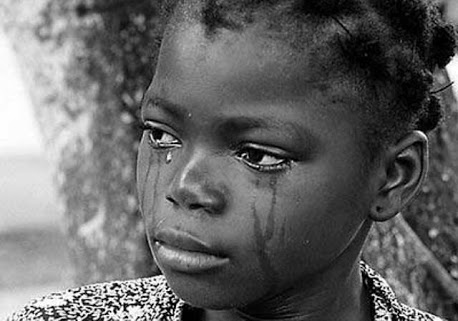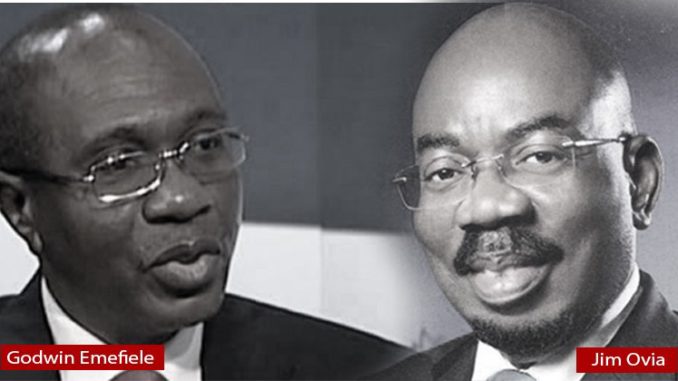The Healthcare Crisis in Nigeria: A Call to Action for Preventable Diseases Among Youth
by Samuel Oluwaseyi Oduyela
Nigeria is experiencing a significant loss of its younger population to diseases that could potentially be mitigated with appropriate healthcare initiatives. The prevalence of breast cancer (BC) is particularly concerning, as recent reports by the International Agency for Research on Cancer (IARC) revealed that in 2020, there were 28,380 new cases of breast cancer in Nigeria. This figure constituted 22.7% of all new cancer diagnoses and represented the highest percentage of cancer types in the country.
A study conducted by Ntekim, Nufu, and Campbell, published in the African Health Sciences in 2009 under the title “Breast Cancer in young women in Ibadan, Nigeria,” scrutinized a total of 763 cases. Among these, 221 women were aged 40 years or below, with a minority detected in early stages—5 in stage 1 and 29 in stage 2. A staggering number of 102 and 85 were found in the more advanced stages 3 and 4, respectively. Remarkably, only 5 cases had a positive family history of breast cancer, while 189 of the women were regular income earners, with 132 earning a monthly income below 12,500 Naira (less than $100). The study emphasized that financial support for these patients predominantly came from their relatives.
Cervical cancer stands as the third most common and second deadliest cancer affecting Nigerian women between 15 and 44 years of age. As of October 24, 2023, Nigeria documented 12,000 new cases and 8,000 fatalities due to cervical cancer, mainly attributed to the widespread prevalence of the Human papillomavirus (HPV). Vaccination against HPV, recommended for individuals starting from age 12, has not been effectively implemented.
While I lack tangible evidence that the funds earmarked for the HPV vaccination campaign were misappropriated, my memory harkens back to a 2006 interview with a founder of a US-based NGO. She expressed frustration about a pattern in Nigeria where NGOs are established, receive funding, and then misdirect those funds. She referenced a specific instance wherein Northern Nigerian NGOs reportedly fabricated vaccine recipient numbers for polio immunization campaigns to mislead their benefactors. She further expressed her dissatisfaction regarding the lack of visible outcomes from Bill Gates’ $80 million funding aimed at eradicating malaria in the region.
Additionally, the country sees a worrying trend of premature mortality among young adult males due to noncommunicable conditions such as hypertension, diabetes, colon cancer, and predominantly strokes.
The critical question is where to allocate the responsibility for these preventable losses. The government bears a substantial portion of the blame, given its failure to establish comprehensive healthcare policies that address the needs of its citizens—healthcare that should be recognized as a fundamental human right. Simultaneously, the community’s reliance on alternative, non-medical remedies for health issues is a concerning practice that must also be addressed.
Healthcare, recognized universally as a human right, must not be neglected, especially when the future of Nigeria’s workforce—the youth—is at stake.
However, citizens share in the accountability; the tendency to pursue unorthodox healing methods has substantially contributed to the high mortality rate. This is often seen as an inevitable consequence of the prohibitive costs of medical treatment, pushing people toward unregulated and potentially hazardous alternatives.
At all levels, from local to federal, the Nigerian government must prioritize healthcare. Symbolic gestures, such as sporadic blood pressure screenings by lawmakers, are inadequate. The elite’s ability to seek premium healthcare abroad, financed by taxpayers, starkly contrasts with the predicaments faced by less privileged Nigerians.
The COVID-19 pandemic should have served as a crucial alarm, prompting government action. The losses of influential figures like Abba Kyari, the former Chief of Staff to President Buhari; the ex-Governor of Oyo State, Ajimobi; and advocate Yinka Odumakin, exposed the fragility of Nigeria’s healthcare system. Although nations like the US and the UK also faced numerous deaths, the causative issues differed, rooted in governance rather than the absence of healthcare infrastructure.
The recent passing of Qodri Oyebamji affectionately known as Sisi Quadri, at the age of 44, adds to a growing list of losses. One must ask, how many more lives can Nigeria afford to lose before decisive action is taken?



Leave a comment